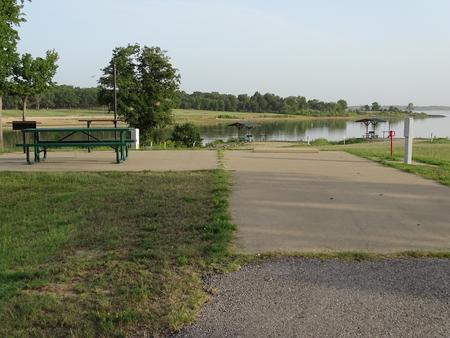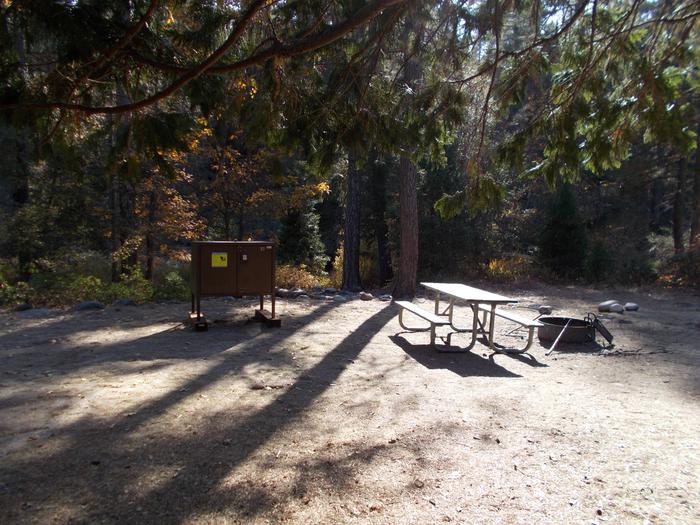Directions
A journey to the far-flung wilderness islands within the Alaska Maritime National Wildlife Refuge almost always involves a boat. Tour boats, ferries, planes , cruise ships or your own boat can transport you to parts of the refuge. No refuge lands are accessible from the road system. Homer and Seward are the only road accessible communities near the refuge. All other communities in and near the refuge are accessible by scheduled air service and some such as Sitka, Seldovia, Kodiak, Chignik, Sand Point, King Cove, Cold Bay, False Pass, Akutan and Unalaska also have ferry service.
For those not ready to set sail, the Alaska Islands & Ocean Visitor Center and Refuge headquarter at 95 Sterling Highway # 1, Homer, Alaska, can be reached by vehicle and scheduled aircraft from Anchorage (225 miles).
Phone
907-235-6546
Activities
WILDERNESS
Camping Reservations
Reserve your campsite at these camping areas:
Hiking Trails
Looking for nice hiking areas to take a hike? Choose from these scenic hiking trails:
Related Link(s)
The Saint Lazaria Wilderness now contains a total of 65 acres and is managed by the Fish & Wildlife Service’s Alaska Maritime National Wildlife Refuge. All of the Wilderness is in the state of Alaska. In 1970 the Saint Lazaria Wilderness became part of the now over 110 million acre National Wilderness Preservation System.
Rising no more than 180 feet above the surging ocean at the entrance to Sitka Sound, Saint Lazaria Island was established as a refuge for seabirds in 1909, became a Wilderness in 1970, and was added as a subunit to the Alaska Maritime National Wildlife Refuge in 1980. Saint Lazaria has two low summits, forested with mature Sitka spruce, which are connected by a bare saddle that is washed by waves at high tide. Cliffs topped with lush grasses fall to the sea.
Among the tangled tree roots are the burrows of petrels, tufted puffins, and rhinoceros auklets. Pigeon guillemots create a nest-scrape in rocky crevices near common murres, glaucous-winged gulls, and pelagic cormorants. Just under half a million birds lay their eggs on Saint Lazaria, where overcast skies drizzle rain and winds blow moderately to strong throughout much of the year. People are asked to not land on the island, and especially not to walk around. Burrows are crushed easily (as are the occupants), and many birds may abandon their nest when disturbed, allowing the bolder gulls, crows, and ravens to swoop in and feed on eggs and chicks.





